#Recalls
General Motors Hips Early EV Adopters to Potential Battery Failure in the Bolt
General Motors has informed a small number of owners of its Chevrolet Bolt EV about a battery issue that could cause a sudden loss of propulsion. Some of the early Bolt models may incorrectly report the estimated remaining range at lower states of charge due to potentially faulty cells, resulting in the car stopping abruptly.
The automaker says less than 1 percent of Bolts sold to date are likely to face the problem, and GM is currently arranging repairs for the affected cars. Ideally, the faulty cells are the result of an isolated manufacturing defect and not the result of some widespread wonky battery chemistry.
6.2 Liters, No Lube: Dodge Hellcats Recalled Over Catastrophic Oil Dump Risk
Dodge is recalling Charger and Challenger Hellcats due to faulty engine oil cooler lines which may result in a rapid, catastrophic loss of fluids. The National Highway Traffic Safety Administration filed a recall request earlier this month, saying 1,207 vehicles assembled between February and May of 2017 may be affected.
According to the recall information, the issue stems from rubber used in the oil cooler line. Chrysler’s testing revealed that the rubber doesn’t meet the company’s usual criteria. Substandard materials can allow the hose to separate from a crimped aluminum portion of the line, letting oil gush out as if someone unscrewed a drain plug.
Takata Asks Court to Stall Airbag Victims' Lawsuits Against Automakers
Takata, the airbag supplier whose cost-cutting measures ended up killing people, issued a request on Wednesday to suspend lawsuits against automakers filed by those injured by its faulty inflators.
Without the injunction, Takata claims the rampant litigation would prohibit management from completing the sale of the company’s viable operations to Key Safety Systems for $1.6 billion, threatening the supply of air bag inflators meant to replace already recalled ones (which may include all previously repaired units, pending an EPA investigation).
Obviously, the injured parties want restitution. Plaintiffs’ lawyers call the proposed injunction “an abuse of the bankruptcy laws for the benefit of all of the world’s largest automobile manufacturers.” The fear is that Takata’s request will delay consideration of numerous lawsuits for several months to a year, which is a long time to wait when you’ve been wronged.
NHTSA Expands Ford Explorer Probe After Probable Police Gassings
The U.S. National Highway Traffic Safety Administration is inching its way toward what could be a massive recall of Ford Explorers. An initial probe kicked off in 2016 after owners entered numerous complaints of an unpleasant exhaust smell in the cabin into the NHTSA database.
Formal grievances swelled into the hundreds by the end of the year and continued growing into 2017. The issue was so serious, one California police officer faulted it for overpowering him while behind the wheel of his Explorer-based Interceptor Utility, resulting in a crash last February. He wasn’t alone. On Thursday, the NHTSA announced at least three other wrecks could be attributed to carbon monoxide exposure inside the vehicle. All in all, the agency stated it is aware of 41 injuries and over 2,700 complaints linked to the issue.
While the injuries are mostly instances of nausea, severe headache, and dizziness, those symptoms pose a serious risk while driving. Concerned the problem could result in another crash, the NHTSA has broadened the probe to encompasses 1.33 million vehicles from 2011 to 2017 and upgraded it to a complete engineering analysis.
Another Ford Recall: Seats, Seatbelts Could Give Way
No automaker remains immune from safety recalls, but Ford Motor Company has had a bad go if it, as the British would say. The latest recall, spanning four models, concerns roughly 117,000 vehicles with potentially faulty anchors for the seats, seatbacks and seatbelts — all things you’d want to work properly in the event of a crash.
The automaker, which recently saw a slew of recalls munch heartily on its corporate profits, claims improperly tempered attachment bolts could cause any of the components to give way during a crash, or even a sudden stop.
FCA Recalling 2017 Dodge Challengers Over Rollaway Problem
After a high-profile recall of over 1 million vehicles due to a design flaw associated with the shifter used with the ZF eight-speed automatic transmission, Fiat Chrysler probably felt it was in the clear as far as rollaway risks were concerned. Unfortunately, FCA is now recalling 2017 Dodge Challengers with instrumentation that might erroneously indicate the vehicle is in park — creating another potential rollaway hazard.
The affected vehicles have 5.7-liter V8 engines and eight-speed automatic transmissions. In total, Dodge expects the necessary fix to pertain to 7,802 vehicles in the United States, 390 in Canada, and 119 more outside of North America.
The Millions of Airbags Takata Replaced Could Still Be Extremely Dangerous
Takata, the parts supplier that furnished automakers with millions of extremely dangerous airbag inflators, was forced to issue another recall last week. Considering the hundreds of millions of units already recalled by the company, another 2.7 million is a drop in the bucket. But there’s a slight problem, as these newly recalled inflators are devices that have already been replaced.
In 2015, regulators specified Takata had until the end of 2019 to ensure its replacement airbag inflators were safe. With the “fixed” units now under scrutiny, automakers may be liable for the supplier’s wrongdoing as the millions upon millions of recalled inflators would need to be replaced for a second time. The current recall was prompted after the U.S. National Highway Traffic Safety Administration found the drying agent added specifically to combat the moisture that degrades the ammonium nitrate compound wasn’t effective.
“Absent proof that the other desiccated inflators are safe, they will also be subject to recall,” the NHTSA said in a statement last week.
Daimler to 'Voluntarily' Recall 3 Million Vehicles in Europe Over Diesel Emissions
With Volkswagen’s emission crisis winding down (but seemingly never over), Daimler AG is taking center stage as the next automaker to potentially face serious hardship for dastardly diesel misdeeds. For the last few months, investigators from the United States and Germany have begun suspecting that Mercedes-Benz equipped its vehicles with defeat devices similar to those used by VW. While no evidence of fraud has surfaced, there’s reason to believe Daimler may have violated emission standards — especially now that it has decided to recall 3 million late-model diesels.
“The public debate about diesel engines is creating uncertainty,” Daimler CEO Dieter Zetsche said in a statement on Tuesday. “We have therefore decided on additional measures to reassure drivers of diesel cars and to strengthen confidence in diesel technology.”
Fiat Chrysler Wades Into Another Massive Recall; This Time It's Fires and Wonky Airbags
For an automaker desperate to improve its financial standing and attract a corporate suitor, Fiat Chrysler Automobiles’ vehicles have done a good job throwing a wrench into the company’s plans. While there’s nothing unusual about mass recalls these days — hello, Ford — corporate beancounters start sweating when the recall volume passes one million vehicles.
Also, no owner of a particular vehicle likes hearing their car’s driver’s side airbag could deploy at any moment. That’s just one of the issues facing FCA as it calls back 1.33 million vehicles from across the globe.
Ford to Fling Driveshaft Repairs at Transit Owners Until It Figures Out a Solution
There’s a problem underneath 2015-2017 Ford Transit models and, until the Blue Oval figures out a long-term fix, owners and operators of all Transit variants can expect a new driveshaft flexible coupling every 30,000 miles.
The automaker has announced a safety recall for 402,462 Transits sold in North America in order to prevent instances of driveshaft separation caused by a faulty flexible coupling. Ford seems to have become aware of a looming problem with each vehicle’s driveline, which apparently isn’t nearly as robust as the automaker had hoped.
End of the Line: Takata, Supplier of Millions of Explosive Airbags, Files for Bankruptcy
The impending bankruptcy of Japanese airbag maker Takata Corp. has been teased at and speculated upon for months. It was never a question of whether the parts supplier would go belly-up after causing the largest automotive recall in history, but how and when.
After furnishing dozens of automakers with airbag inflators what were, in essence, improvised grenades, the multi-million unit recall has left Takata with little recourse. The company has filed for bankruptcy protection in both Japan and the United States, announcing it will sell off the majority of its remaining assets to Key Safety Systems. One of the missing assets will be the equipment relating to the company’s nefarious ammonium nitrate airbag inflators.
The devices, subject to exploding with far too much force and spraying vehicle interiors with metal shrapnel, are responsible for a minimum of 16 deaths, hundreds of injuries, and the ruination of the company.
General Motors Ends NHTSA Safety Oversight, Promises to Keep in Touch
General Motors’ safety practices are no longer under the watchful eye of the National Highway Traffic Safety Administration. The three-year oversight period was part of a settlement GM reached with U.S. regulators back in May 2014, resulting from its failure to recall defective ignition switches attributed to 124 deaths and countless injuries.
While NHTSA’s role as General Motors’ personal watchdog ended last month, the automaker said it intends to continue meeting with the agency on a monthly basis to discuss potential defects. It also stated that the time spent with the regulator had been transformative, leading to a safer environment and more stringent quality control.
FCA Recalling 297,000 Minivans for Surprise Airbag Deployments
Fiat Chrysler Automobiles is recalling 297,000 minivans in North America due to a wiring issue that can inadvertently trigger airbag deployments, according to a company statement issued Thursday.
The recall affects 2011-2012 model year Dodge Grand Caravans and has been linked to 13 minor injuries but no known accidents. Congratulations to all those who somehow managed to avoid wrecking their minivan as its steering wheel unexpectedly detonated inches away from their face, blasting their forearms with superheated nitrogen gas.
NHTSA Investigating Faulty Airbag System in Jeep Liberty; Preexisting Recall on Older Models
The National Highway Traffic Safety Administration is conducting a preliminary investigation regarding the 2012 Jeep Liberty’s airbag system after numerous complaints of a faulty control computer, leaving the safety measure non-functional in the event of an accident. That particular model year has already undergone a 2013 recall that required dealerships to re-flash the brand’s Totally Integrated Power Module for similar problems relating to non-deployment of active head restraints.
Owners have reported airbag warning lights remaining on while driving. Several were informed the occupant restraint controller (ORC) needed to be replaced, but their vehicle was not among the model years recalled. Since many drivers elected not to pay to have the system repaired, the NHTSA is concerned a recall may be necessary.
NHTSA Opens Investigation Into Hyundai's Theta II Engine Debris Recalls
The timeliness of a recall of Hyundai and Kia vehicles equipped with Theta II four-cylinder engines is the focus of a formal National Highway Traffic Safety Administration investigation revealed today.
Metal engine debris resulting from a faulty production process is behind the expansive recall of nearly 1.7 million vehicles, but the NHTSA wants to know if the recall expanded too slowly. Just how much Hyundai knew about the widespread issue is a big question mark, made all the more pressing by the testimony of a company whistleblower.







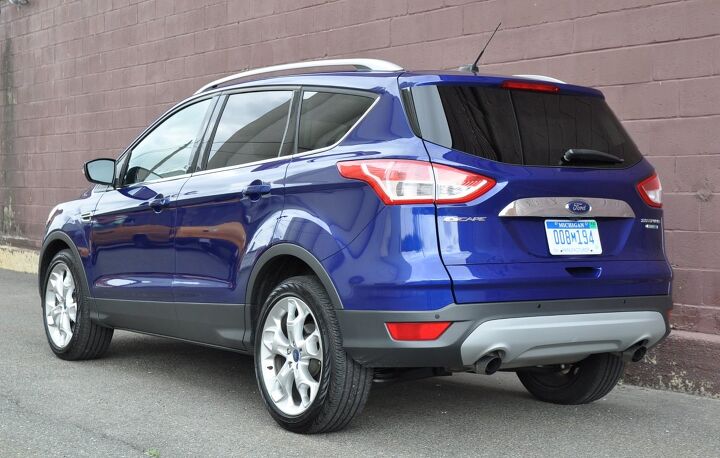

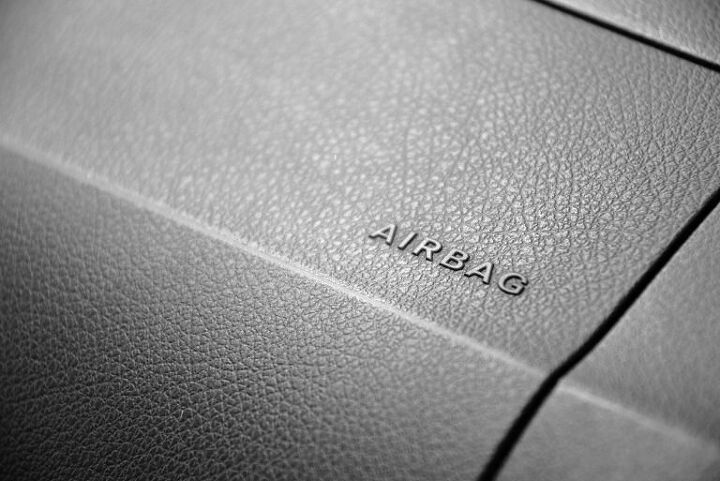
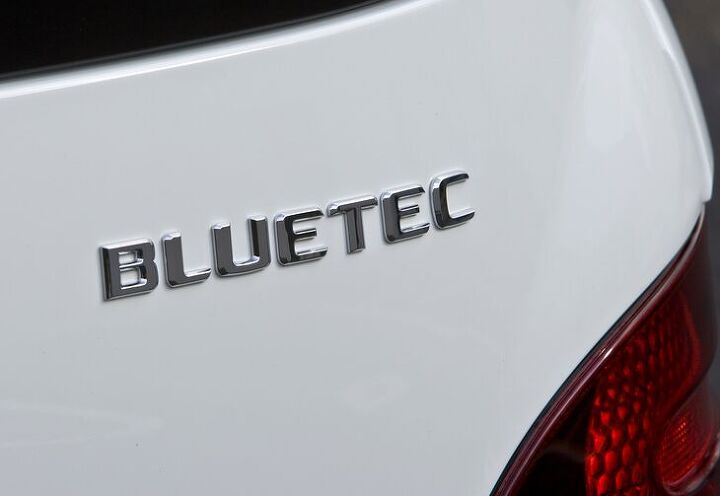
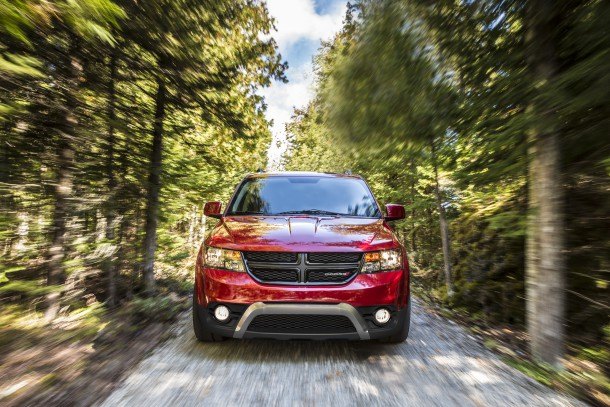
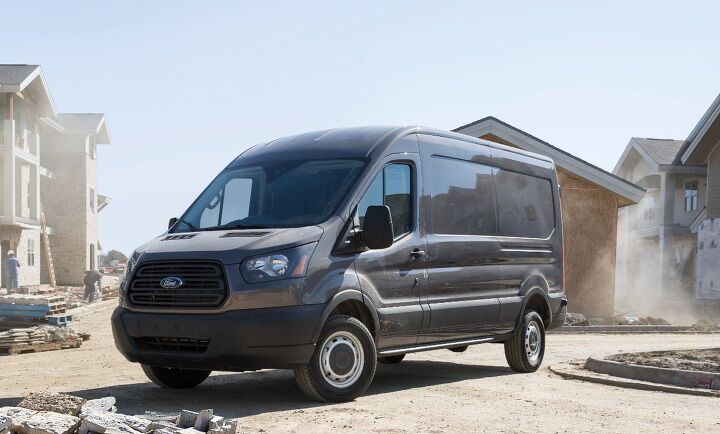

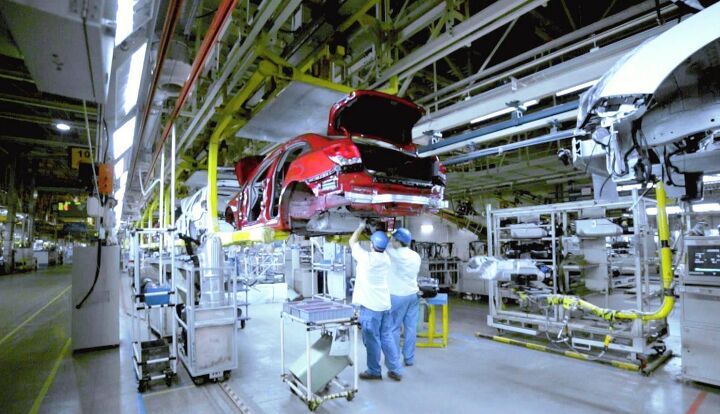


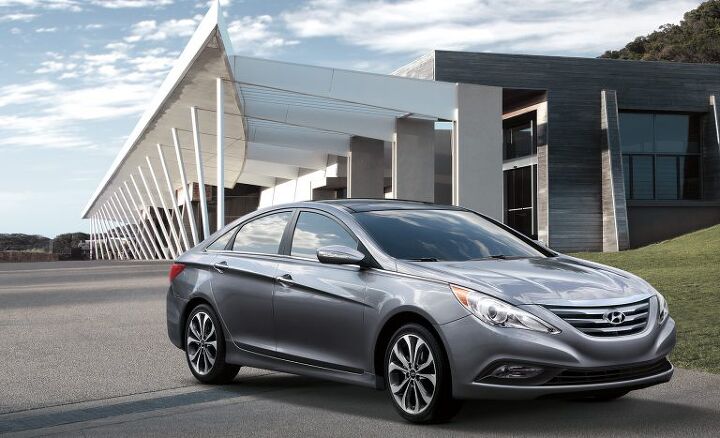












Recent Comments